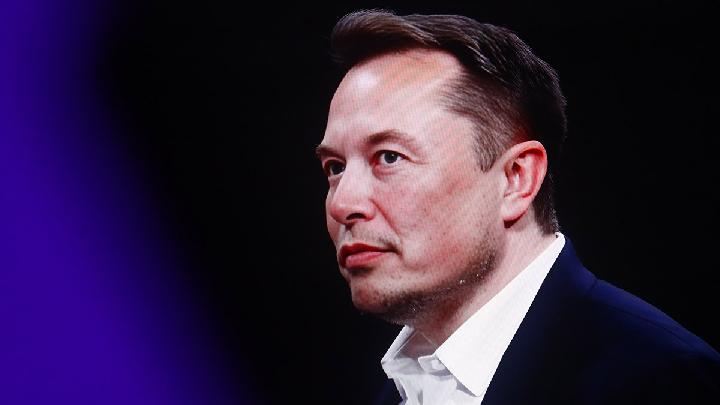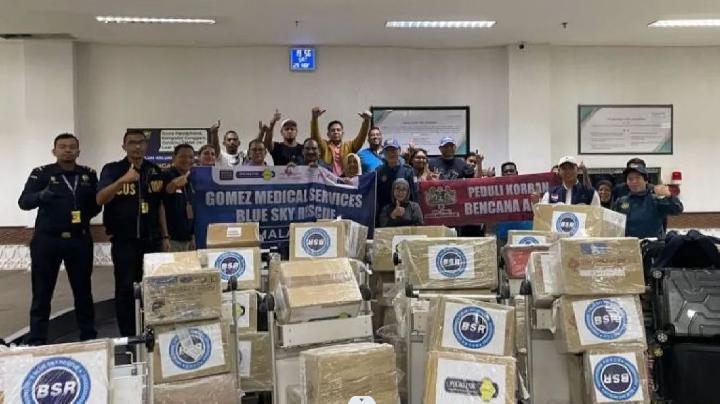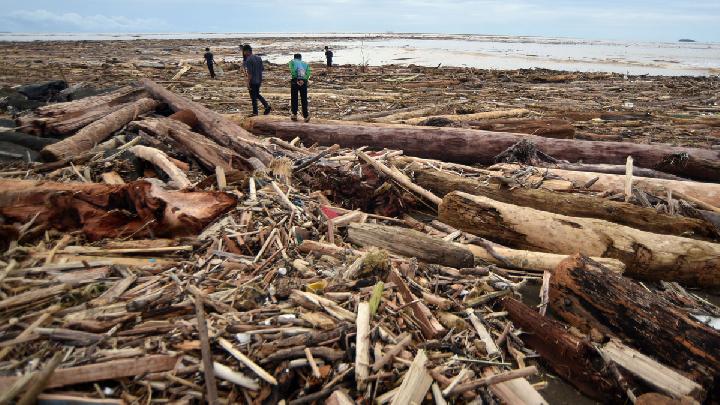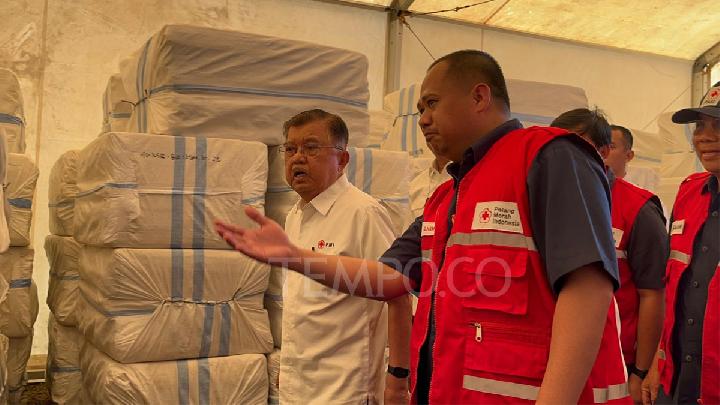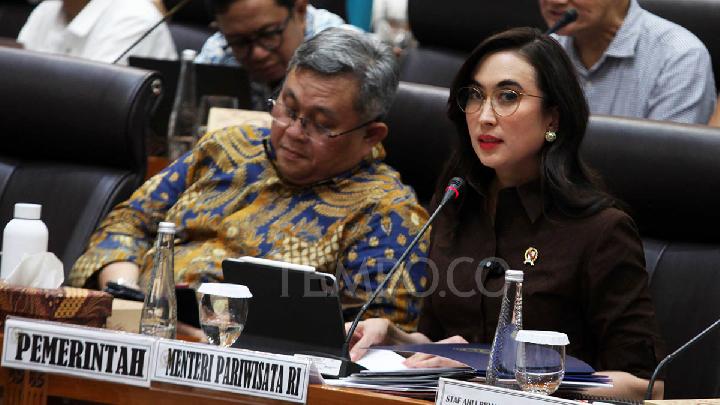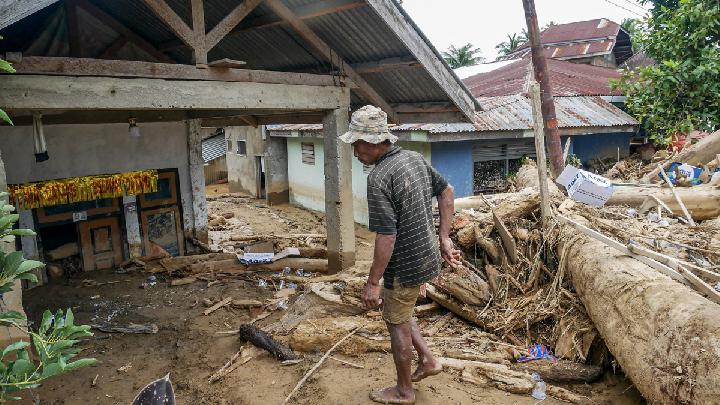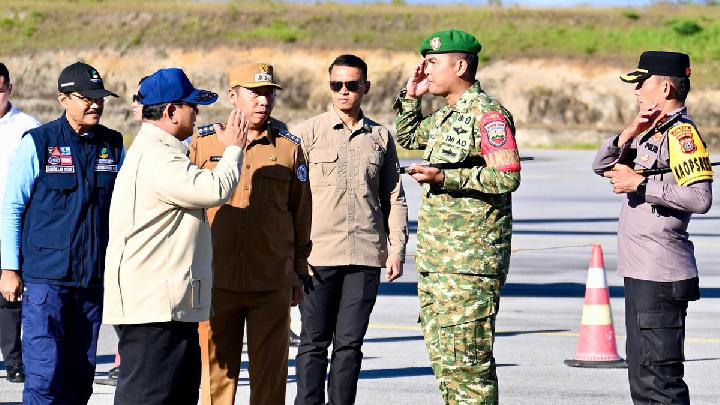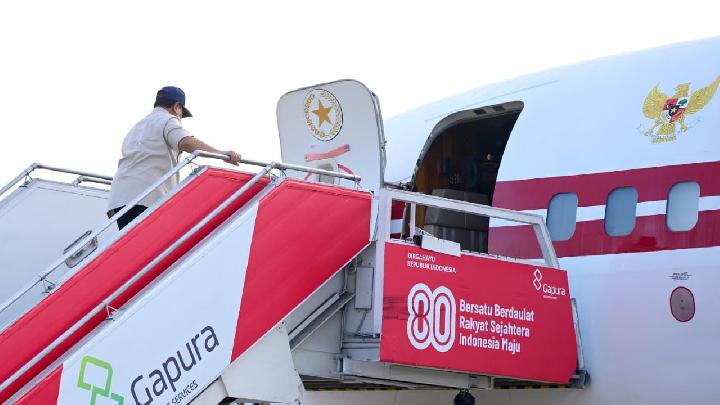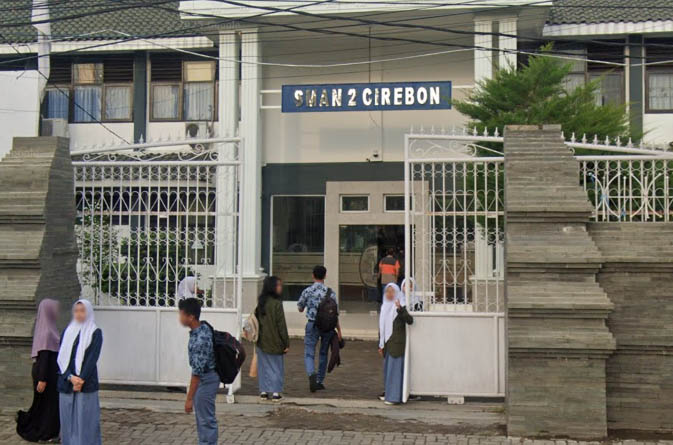August 9, 2025 | 09:47 am

TEMPO.CO, Jakarta - On Thursday night, President Donald Trump announced new tariffs ranging from 10 to 41 percent on imports from dozens of countries, including those in the European Union.
Initially scheduled to take effect on Friday, August 1, 2025, the White House has postponed their implementation until August 7, giving affected countries a brief window to negotiate better trade terms with the US.
The main takeaway for anyone expecting the August 1 deadline to mark the end of trade tensions, Axios noted, is that the trade war is far from over.
Rather than signaling its conclusion, the current tariff rollout marks the beginning of a new phase in an evolving conflict characterized by frequent unilateral tariff changes and complex global reactions. Unlike previous eras when negotiations sought stable, long-term agreements, today’s trade battles are ongoing and unpredictable.
Are There Patterns in Current Trade Negotiations?
In contrast to past decades, trade negotiations no longer follow predictable start-to-finish patterns aimed at producing durable agreements. The US now uses tariffs as a flexible tool, applying them to any country at any time, with Trump often disregarding previous agreements or informal deals. Recent developments illustrate this dynamic:
Despite months of assurances that a trade deal with India was imminent, Trump imposed an initial 25 percent tariff, then doubled it shortly after, citing India’s purchase of Russian oil—while China, an equally significant buyer of Russian energy, avoided similar penalties.
According to Business Times, some tariffs serve overtly political purposes, such as pressuring Brazil to drop charges against Trump ally and former president Jair Bolsonaro, or warning Canada over its plan to recognize Palestine at the UN.
Trump announced plans for a 100 percent tariff on semiconductors even before the official investigation concluded, exempting companies building semiconductor facilities in the US—effectively giving discounts to major global chipmakers.
The German finance minister openly criticized the EU tariff deal and traveled to Washington to seek renegotiation before it was finalized. Similarly, Switzerland’s president protested unexpected US tariffs but returned without concessions.
Chinese export data showed a surge in July shipments routed through third countries often used to evade US tariffs. The Trump administration imposed a 40 percent tariff on such transshipments but has not clarified enforcement.
How Have Markets and Businesses Responded?
The announcement rattled global financial markets, sending stock indexes in Hong Kong, London, and New York sharply lower as investors weighed the uncertainty. The timing worsened concerns, coming on the heels of weaker US employment data showing slower-than-expected job growth and a small uptick in unemployment to 4.2 percent, Business Times reported.
In the US, however, surveys by the Conference Board and Business Council recorded a sharp drop in CEO concerns about tariffs, reflecting easing tensions with China. Stock markets neared record highs, buoyed by expectations of semiconductor tariff exemptions and reduced volatility across equities, bonds, and currencies.
Economic Implications of Trump’s Trade Tariffs
According to Al Jazeera, the tariffs are fueling inflationary pressure, economic inefficiency, weakened business sentiment, and negative spillover effects worldwide—factors that threaten to slow growth both in the US and abroad.
Rising Costs and Inflation
Tariffs raise import prices, increasing costs for businesses and consumers. This erodes real wages and purchasing power, dampening consumer spending.
Reduced Efficiency and Productivity
By disrupting global supply chains, tariffs make economies less efficient. Higher costs and uncertainty discourage hiring and investment, risking stagnation or erosion of productive capacity, NPR noted.
Trade Deficit and Investment
While intended to shrink the US trade deficit, tariffs have in some cases increased it as importers rushed to stockpile goods. Although some foreign investment is diverted to the US, overall uncertainty curbs economic activity.
Uncertainty and Sentiment
Constantly shifting tariff policies undermine business confidence, delaying hiring and capital spending. Analysts liken the effect to “sand in the gears,” slowing economic momentum and raising recession risks.
Employment and Wages
Although tariffs can shield certain manufacturing jobs, they also cause losses in other sectors. Real wages often stagnate as higher costs squeeze employers.
Looking ahead, the outlook remains uncertain. More tariffs loom, with ongoing investigations into industries such as lumber and pharmaceuticals.
Sanctions on Russia may trigger additional measures. The current trade truce with China expires on August 12. Beijing is open to extending it, but Washington’s stance is unclear.
Evercore ISI projects decisions on new anti-dumping and countervailing tariffs in the coming months, affecting a broad array of industrial and consumer products.
Editor’s Choice: Global Media React to Indonesia's Faster-Than-Expected 5.12% GDP Rise
Click here to get the latest news updates from Tempo on Google News
Trump Doubles Reward for Arrest of Venezuela's Maduro to $50 Million
14 jam lalu
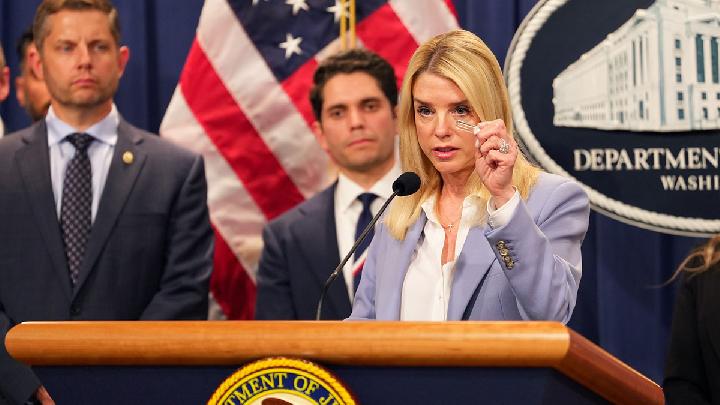
The Trump administration has accused Venezuela's President Nicols Maduro of being one of the world's largest drug dealers.
Trump Orders New Census to Exclude Undocumented Immigrants
18 jam lalu
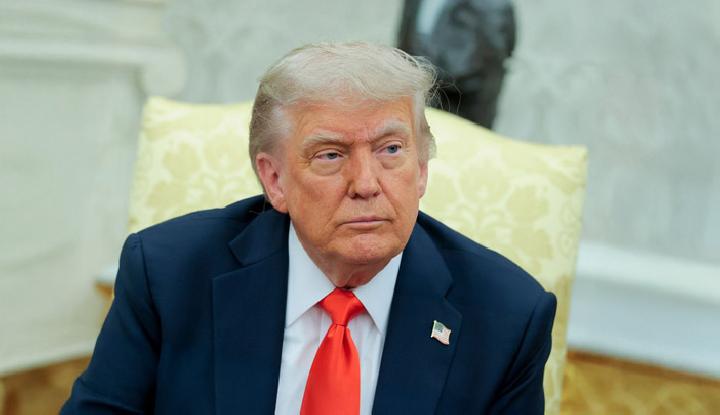
The last census, conducted during Trump's first term, recorded the U.S. population at 331 million, a 7% increase from a decade earlier.
Trump's Truth Social Launches AI-Powered Browser Using Perplexity Technology
18 jam lalu

Truth Social, Donald Trump's social media platform, utilizes the Perplexity Sonar API to source verified and up-to-date information from the web.
Former Superman Actor Pledges to Join ICE as Trump's Deportation Scheme Puts Lives at Risk
18 jam lalu

Dean Cain, an actor known for portraying Superman on a television show, is set to join the U.S. Immigration and Customs Enforcement (ICE).
Cambodia Nominates U.S. President Trump for Nobel Peace Prize
20 jam lalu
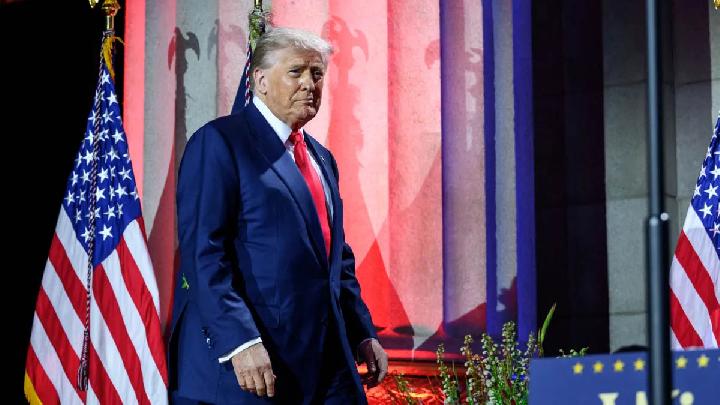
Cambodia has officially nominated President of the United States Donald Trump for the Nobel Peace Prize.
Trump Announces Reciprocal Tariffs, Warns Billions of Dollars at Risk
1 hari lalu

President Donald Trump announced on Thursday, August 7, 2025, that reciprocal tariffs on more than 90 countries had taken effect.
Kremlin Announces Upcoming Meeting Between Putin and Trump
1 hari lalu

This will be the first face-to-face discussion between Trump and Putin during their second term in office.
Brazil Files Formal Complaint with WTO Against US Tariffs
1 hari lalu

The Brazilian government has officially requested consultation with the WTO on Wednesday regarding the import tariffs imposed by the United States on its products.
Indonesia Hit by Trump's 19% Tariff as of August 7, Minister Says Talks Still Ongoing
1 hari lalu
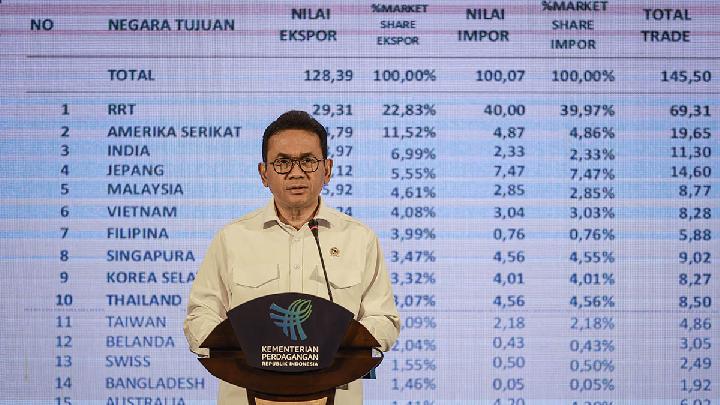
The Minister of Trade stated that Indonesia is still in the process of negotiating for the US to lower tariffs and exempt import duties on a number of commodities.
Trump Slaps 25% Tariff on Indian Imports for Buying Russian Oil, Total Now 50%
1 hari lalu
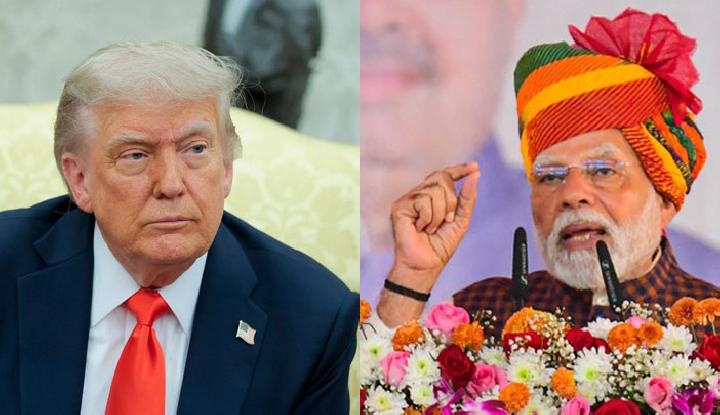
Trump signs an order adding a 25% tariff on Indian imports, citing India's continued purchase of Russian oil as part of a response to the Ukraine war.


